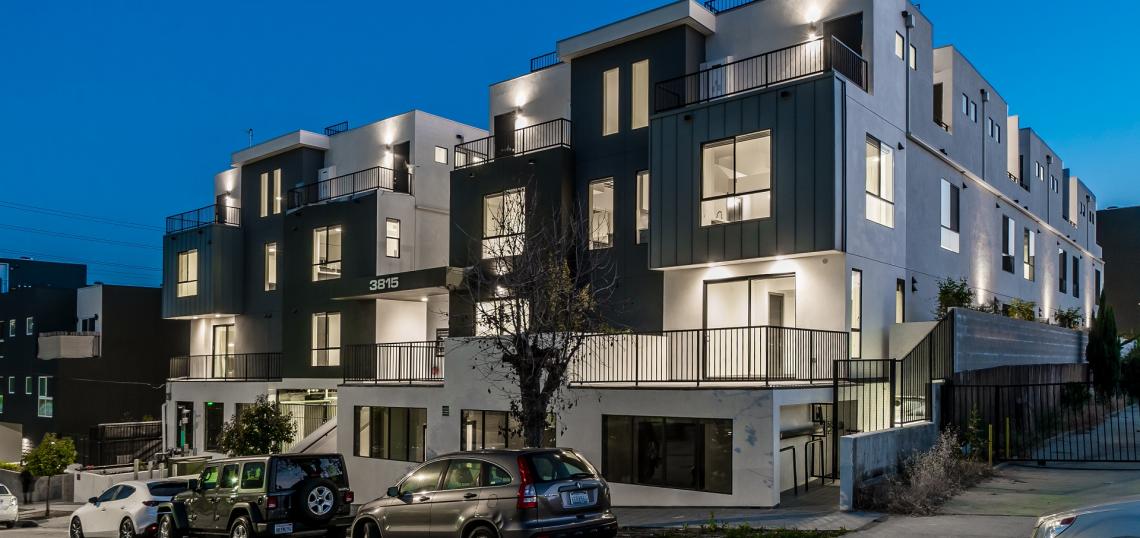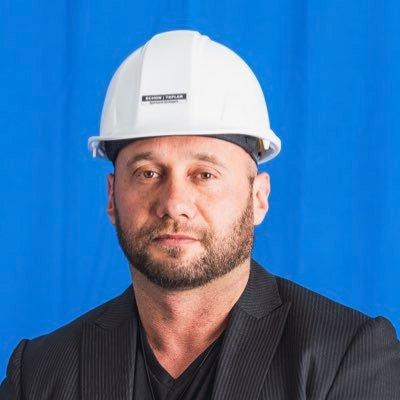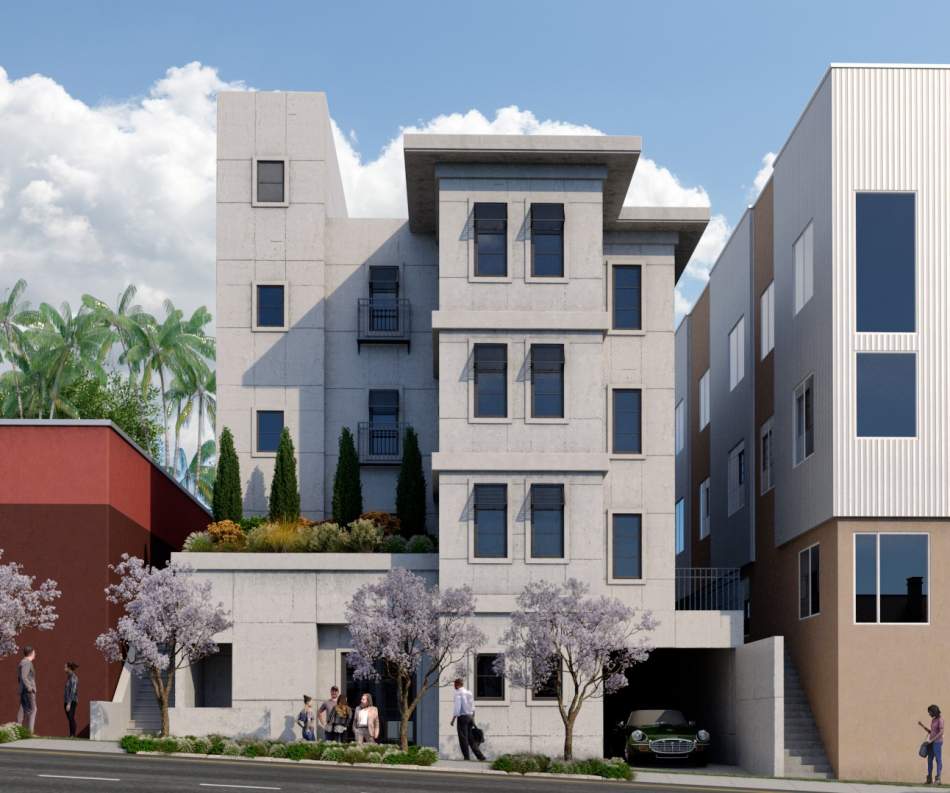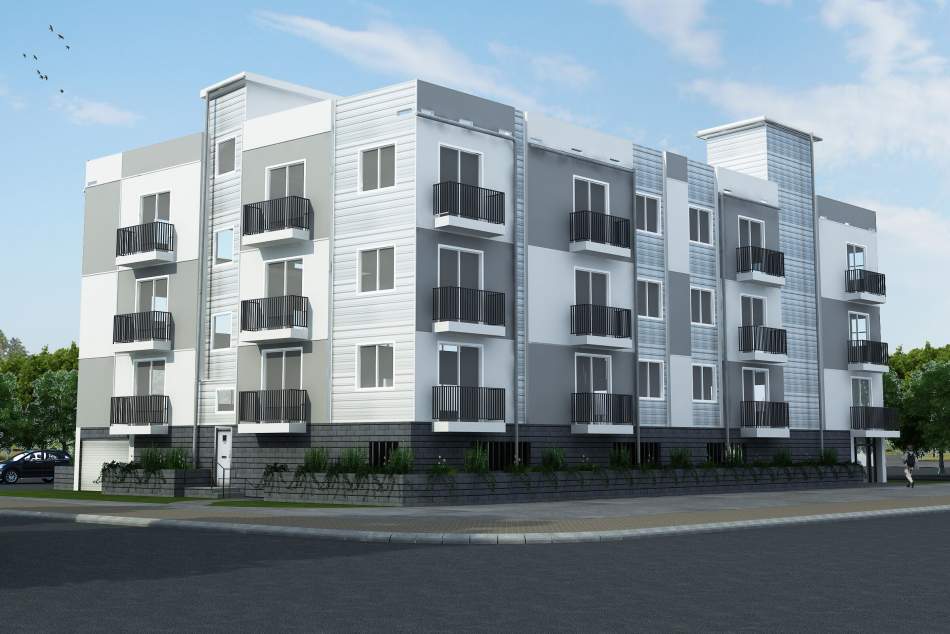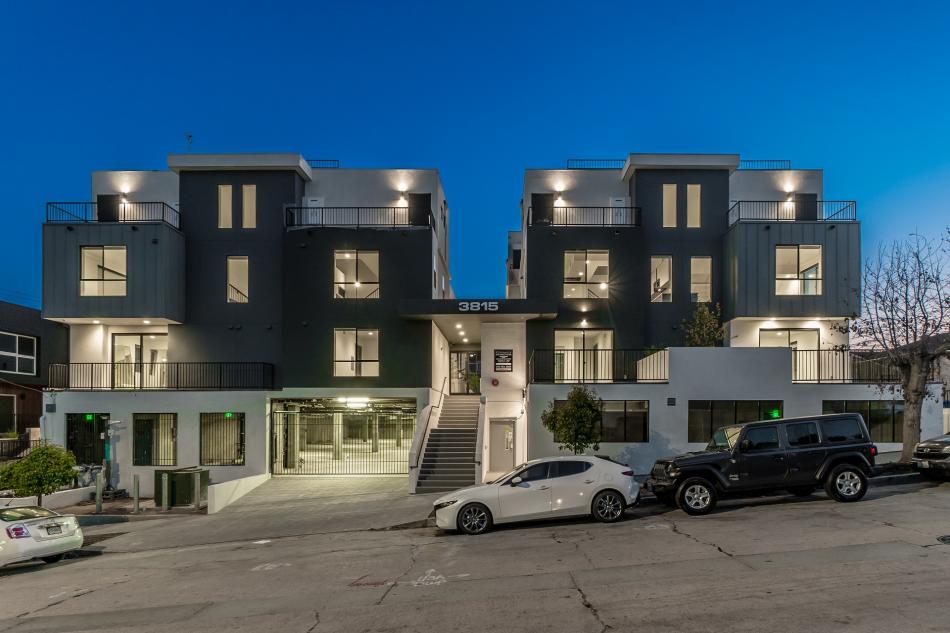Artem Tepler is a partner with Schon Tepler Partners, Inc., which he founded with Paul Schon in 2009. His company has built dozens of apartment buildings across the City of Los Angeles, and has recently looked to expand into Sunbelt markets. More recently, you may have become acquainted with him through his presence on Twitter. Artem recently took some time to chat with Jake Goldstein about his approach to real estate development.
Jake Goldstein: Tell us about how you started in real estate.
Artem Tepler: I approached Bob Hunter of the Miami-Dade Real Estate Investor Association. He was a hard money lender, investor and ran an investor network. He put up the money from his hard money company and we split profits 50-50. And that's basically the formula- find deals; have other people put up the capital; and execute.
JG: How did you get financing?
AT: I think financing was way easier then. If you had a pulse, they would give you a loan. So I had the classic Ninja loan–no income, no job, and no assets. They would give me loans to buy houses to fix up.
JG: Looking back, what advice would you have given to yourself if you had to start over again today?
AT: I would probably start a call center somewhere in South America. I would focus on deals for developers that are knocking down properties and building custom homes. I would take a listing on the back end or partner up with a real estate agent and have them take the listing.
JG: So you use that same model today?
AT: Exactly. I think everything is about finding deals. If you can find deals, you become successful. If you don't find deals, you're in operations.
JG: Your real estate career expanded before the 2007-2009 crash. Can you tell us a little bit about the differences before and after 2008 and how you kind of clawed yourself out of a pretty difficult situation?
AT: When the market crashed, just the financing changed. But other than that, I think it's still the same business. Buy, Fix, Sell. Or now Build, Sell or Build and Rent.
I clawed my way out by returning to flipping homes. I found a partner. We did about 50 homes together. And the way I got out of my debts was building and then selling a 21 unit building in West Los Angeles. I used the profits to pay off all my non-income producing debt.
JG: When did you decide you had enough experience to transition from single family to more commercial projects such as apartments?
AT: I went to school for real estate development. My goal was always to do ground-up real estate development.
My masters is in real estate development, but it does not teach you the middle steps between big projects and little projects.
I think the first big step is doing anything ground up. We bought, renovated and added square footage to single family houses. Once you start creating square footage from scratch, you learn the development process, and become confident. Then we built some duplexes ground-up. Then we built three buildings without partners to learn the process. And then we started syndicating deals, bringing in other investors, and doing more projects. We've done close to 30 apartment buildings in LA.
JG: Are you still in LA? Do you see yourself not building here at some point?
AT: I would like to keep our business going here, maybe slightly bigger buildings. I believe in the LA market but I'm a little scared of all the legislative and rent control measures, and it's difficult to scale a big business here. I plan on continuing to live in LA, but we’re going to focus on doing larger projects in the sunbelt states, starting with Texas.
JG: How do you choose your submarket in and what feedback have you gotten from institutional real estate people about the sub markets you're building in?
AT: For our LA deals, we basically tell brokers "West of downtown, north of the 10, south of the 101, all the way to the ocean." But we won’t do cities like Beverly Hills, West Hollywood or Santa Monica. That's been our market in LA. Our investors didn't want to touch downtown. As far as a new market in a different state: we're not going to be pioneers in a new market. Whenever you go to a new investor, they're going to want to see new construction rents that justify what you're trying to do. So we're looking to be around where there's new construction apartments that have proven rents.
JG: So it looks like it doesn't matter what part of the business it is. Everyone's always cold calling. It's just the nature of it. You can't get around it.
AT: It's all sales. Whether we're pitching our investment memos to potential investors to invest in our deals, calling owners or calling brokers. So it's still a high, high level sales job. Selling ourselves and our investment opportunities.
JG: Can you talk a little bit about your real estate Twitter presence?
AT: I started putting out content; I wish I would have known 20 years ago, since it seemed to kind of resonate with people. I think the reason why is because I come from a brokerage development and construction background, but also know house flipping and custom homes. Being able to go across those different disciplines, I’m able to touch different subjects.
We haven’t raised any capital from Twitter. Our deals need an $8 million or $30 million equity check, and I haven’t had enough people reach out with smaller size checks where I could do an online raise and have it move the needle. But I've met a lot of really great investors/developers, local and all over the country, that I get to chat to and learn from.
Follow us on social media:




